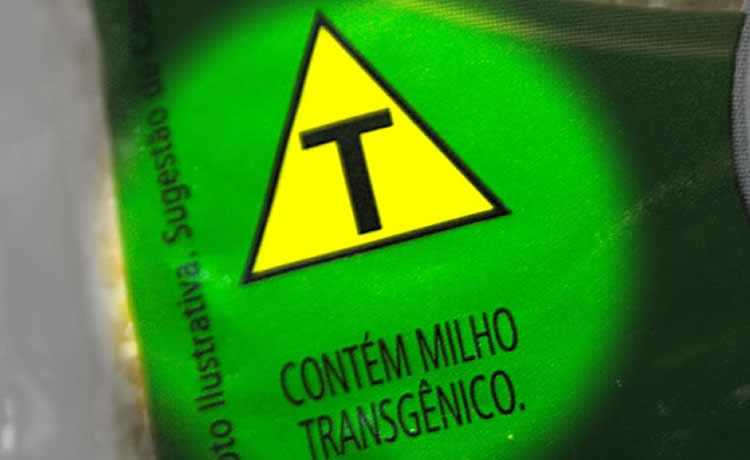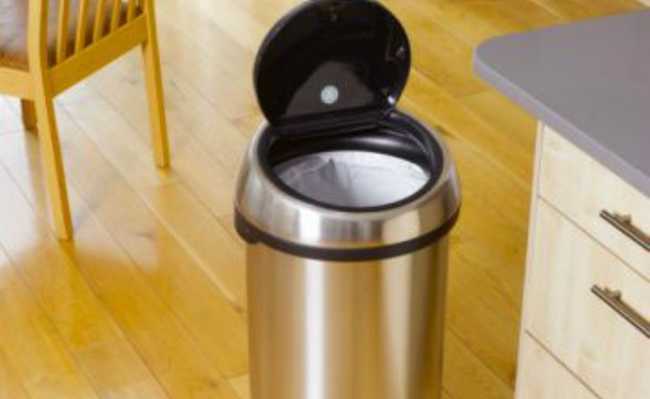PMS: foods that fight or aggravate symptoms
Know foods that alleviate PMS symptoms and others to avoid at this time

When they are in PMS, many women suffer from various discomforts, the most common symptoms being irritation, mood swings, depression, stress, wanting to cry for no reason, bloating, headaches and migraines. Each woman has her own symptoms during this difficult period. To help alleviate them, we've listed foods that fight PMS symptoms and foods to avoid on PMS days.
Foods that relieve PMS symptoms
- Salmon, tuna and chia seeds, as they are rich in omega 3, an anti-inflammatory substance that helps reduce headaches and abdominal cramps;
- Plums, papaya and whole grains, as they help to regulate the bowel and have a laxative effect, reducing abdominal discomfort;
- Pineapple, raspberry, avocado, fig, spinach and parsley for being diuretic foods, helping to fight fluid retention;
- Sunflower seeds, olive oil, avocado and almonds, as they are rich in vitamin E and help to reduce the sensitivity of the breasts;
- Vegetables, whole grains, dried fruits and oilseeds, as they contain vitamin B6, magnesium and folic acid, helping with well-being.
Foods That Make PMS Symptoms Worse
- Foods rich in salt and fat, such as snacks and ultra-processed foods - salt holds water, which makes the body swell;
- Red meat - contains so much saturated fat that it can increase estrogen levels, which, in the menstrual period, can worsen PMS symptoms;
- Fatty foods, such as fried foods - like red meat, fried foods have a lot of saturated fat, not to mention that this type of food tends to have a lot of salt;
- Coffee - Too much caffeine can dehydrate the body;
- Alcohol - the reason is the same as coffee: dehydration will increase PMS symptoms;
- Foods high in sugar - they make you very tired and are unhealthy.
During PMS, the desire to eat sweets increases, but it is recommended to consume small amounts and give preference to options such as less sugar. You can opt for a natural fruit candy or just eat a small square of dark chocolate after your main meals. Cocoa and dark chocolate (70 to 85% cocoa) are foods rich in iron, which help prepare women's bodies for the period of menstruation.
Sources: Oprah, Gurl, WebMD










